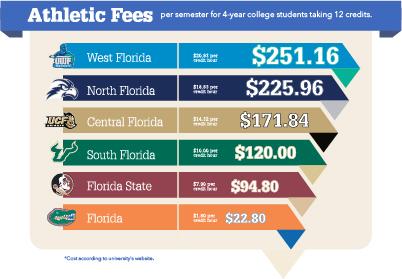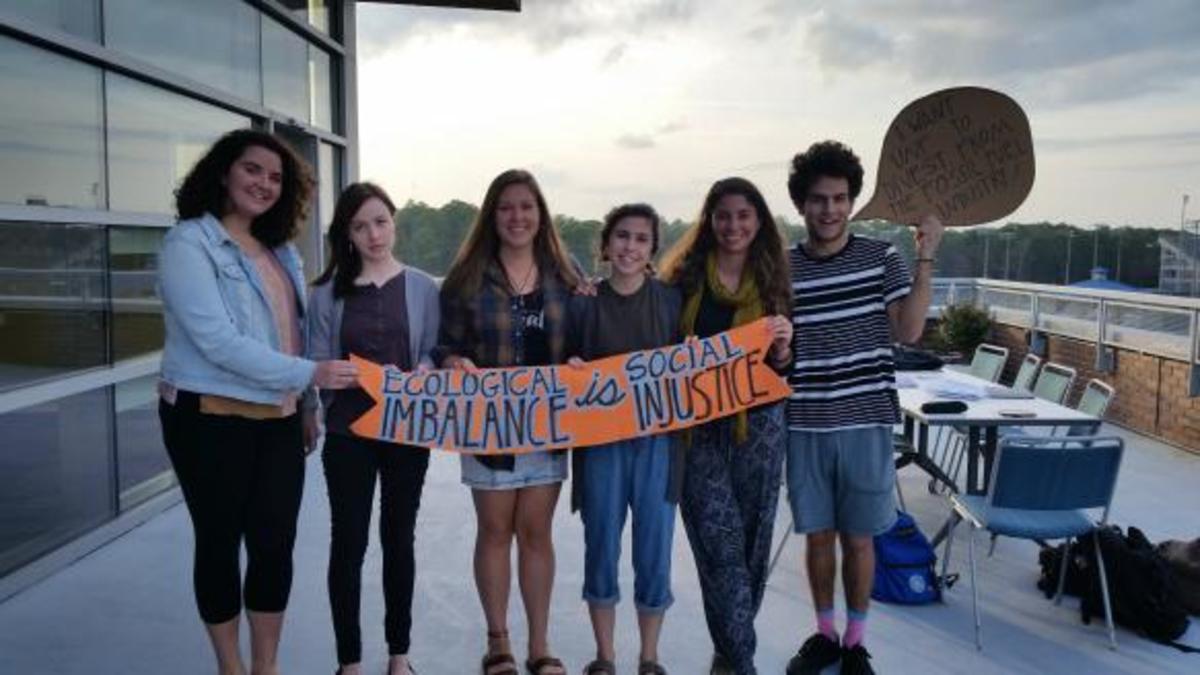[nicevideo link=”https://www.youtube.com/watch?v=mBlZP3zNsE8″]
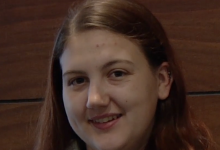
Julia Bevis left her advising meeting feeling worse than when she went in.
But Bevis, a sculpture senior on academic probation, accepted her disappointing advising experience. “I felt like it was part of the experience, like this is how the bureaucracy works. I’m probably going to get to run around everywhere until I just end up where I started,” she said.
Not all students share Bevis’s advising sentiments. Joseph Quinlan, psychology sophomore, liked his experience. He said his advisor was able to tell him information that the College of Education didn’t tell him.
This is not an entirely unique situation. UNF advising leaves some students disappointed and wanting more. Not every student that goes through advising at UNF has a poor experience, but the issue persists. It raises questions like do we have enough advisors, what is being done to fix this negative opinion, and why are some students happy while others are not?
Though UNF has 32 full-time advisors, student per advisor ratios do not meet national recommendations.
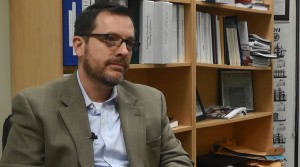
High Ratio
Academic advisors are responsible for hundreds of students per year. The highest student advisor ratio at UNF is 500 to 600 students per advisor while some colleges are better with a ratio of 300 to 400 per advisor, said Dr. Jeffrey Coker, Dean of Undergraduate Studies.
These ratios go against the recommendations of the National Academic Advising Association, which recommends 200 to 300 students per advisor for a school of UNF’s size.
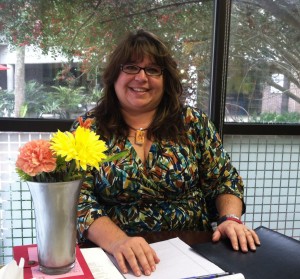
Coker said, “We could be going a little bit better, but we’re not in bad shape.”
Not everyone at UNF agrees with Coker. Karen Reedy, director of academic support at the Academic Center for Excellence (ACE), said the high number of student per advisor ratio leads to a lack of helpful relationships between students and their advisors.
Helpful advising relationships are essential for mapping out students’ college schedule. Academic advising contributes to a student’s success, as well as, retention and graduation rates. Advisors are there to guide students when declaring majors and registering for classes. Communication between advisor and student lessens the stress of scheduling and figuring out what credits fulfill degree requirements.
Changes
UNF stresses that it is a smaller university with a more intimate setting that gives students a different experience than bigger schools, like UF and FSU, can offer. Advising at UNF is a bifurcated system. First year students are required to go to ACE for advising. Students cannot see advisors related to their major (professional advisors) until they are juniors.
UNF began as a junior and senior institution; there were no freshman or sophomores. When the school expanded, ACE was created. Freshman and sophomores see ACE advisors while juniors and seniors see professional advisors.
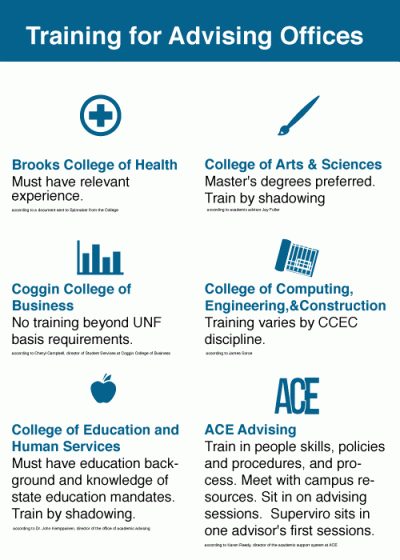
David Jaffee, sociology professor, shared his thoughts on the current advising system. “If a student comes in and they’re interested in majoring in a particular area, it would be much more valuable—and I’m not saying they shouldn’t have professional advisors—but it would be more valuable for them to connect with a department and with the faculty sooner than later, and not wait until their junior year to come to the college.
A coastal biology and art freshman said they had questions about requirements concerning the major she was considering, and the ACE advisor had no knowledge about the major. This student asked to be anonymous because they are a current student and fear the repercussions of speaking out.
“It would just be easier if she was my actual advisor so that any questions I had, I could go directly to her and not take the long road.”
The freshman also said another problem is that the biology advisor doesn’t know her personally. “She won’t know me until I’m a junior or senior,” the freshman said.
UNF has attempted to decrease the student per advisor ratio and improve the advising experience. One attempt, the Faculty Student Contact, created in 2008, chose one member of each department to serve as a faculty contact for students. Ultimately, UNF got rid of the program. Jaffe said this elimination was a premature mistake.
Coker said, “As the university budgetary climate declined and more pressure was placed on faculty to teach larger courses, it became clear that the [Faculty Student Contact] program might not be reaching the numbers of students we had hoped given the cost.”
UNF attempted again in 2012 to improve advising by requesting approval of an Academic Enhancement Fee. Matt Brockleman, former student body president, was in favor of the request. In a letter to Spinnaker, he said, “The university is going to hire more advisors and probably open up major-level advising to sophomores.” The fee would also have allowed the university to hire more advisors which would have helped lower student per advisor ratios, and more advisors would also improve graduation and retention rates.
It gained approval of the UNF Board of Trustees (BOT) but was denied by a 5-4 by the Board of Governors (BOG) Budget and Finance Committee. The BOG did not want to increase tuition with another fee.
Since 2012, no major attempts have been made to improve advising.
Why are some students happy while others aren’t?
Despite the lack of change, not all students are unhappy. A Spinnaker poll found that 60 perccent of students were happy with their advising experience while the rest found their experience bad or mediocre. Why do some students have good experiences?
Each advising office is different. They have different student per advisor ratios and different training. There is no unification.
All advisors have some amount of training that is done within the department. Coker said the university is working on a unified system for training new full-time advisors that should be coming in the next year or so. A unified training system would ensure that all advisors know the basics before they learn the details of their office. It would ensure that all advisors are on a similar page.
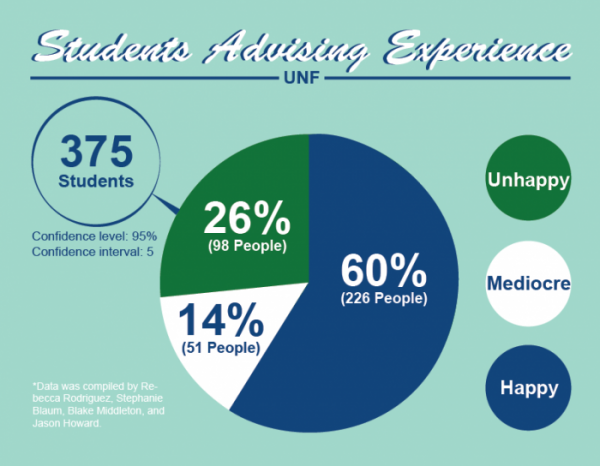 Some colleges, like the College of Education and Human Services, look for individuals with a background in the field they are advising, but that is not always possible. Jay Fuller, an academic advisor for the College of Arts and Sciences, said some of the advisors in the college haven’t had any formal training.
Some colleges, like the College of Education and Human Services, look for individuals with a background in the field they are advising, but that is not always possible. Jay Fuller, an academic advisor for the College of Arts and Sciences, said some of the advisors in the college haven’t had any formal training.
Cameron Garrett, journalism sophomore, said his advisor told him that she had a degree in business and had no experience that qualified her to be an academic advisor. He said, “I found that she wasn’t very knowledgeable and was not very helpful when it came to conversation regarding what classes I might be interested in taking, and I had a bit of an issue deciding what it was I wanted to major in.”
Some colleges at UNF are in need of more advisors. James Sorce, advising director for the College of Computing, Engineering and Construction said they are looking for three new advisors, but Coker told Spinnaker that there are not any set plans to hire new advisors this year.
Coker’s training plan might alleviate some of the woes associated with advising, but with no big changes due, the 40 percent who are upset are not likely to see things get better soon.
Email Rebecca Rodriguez at reporter33@unfspinnaker.com





